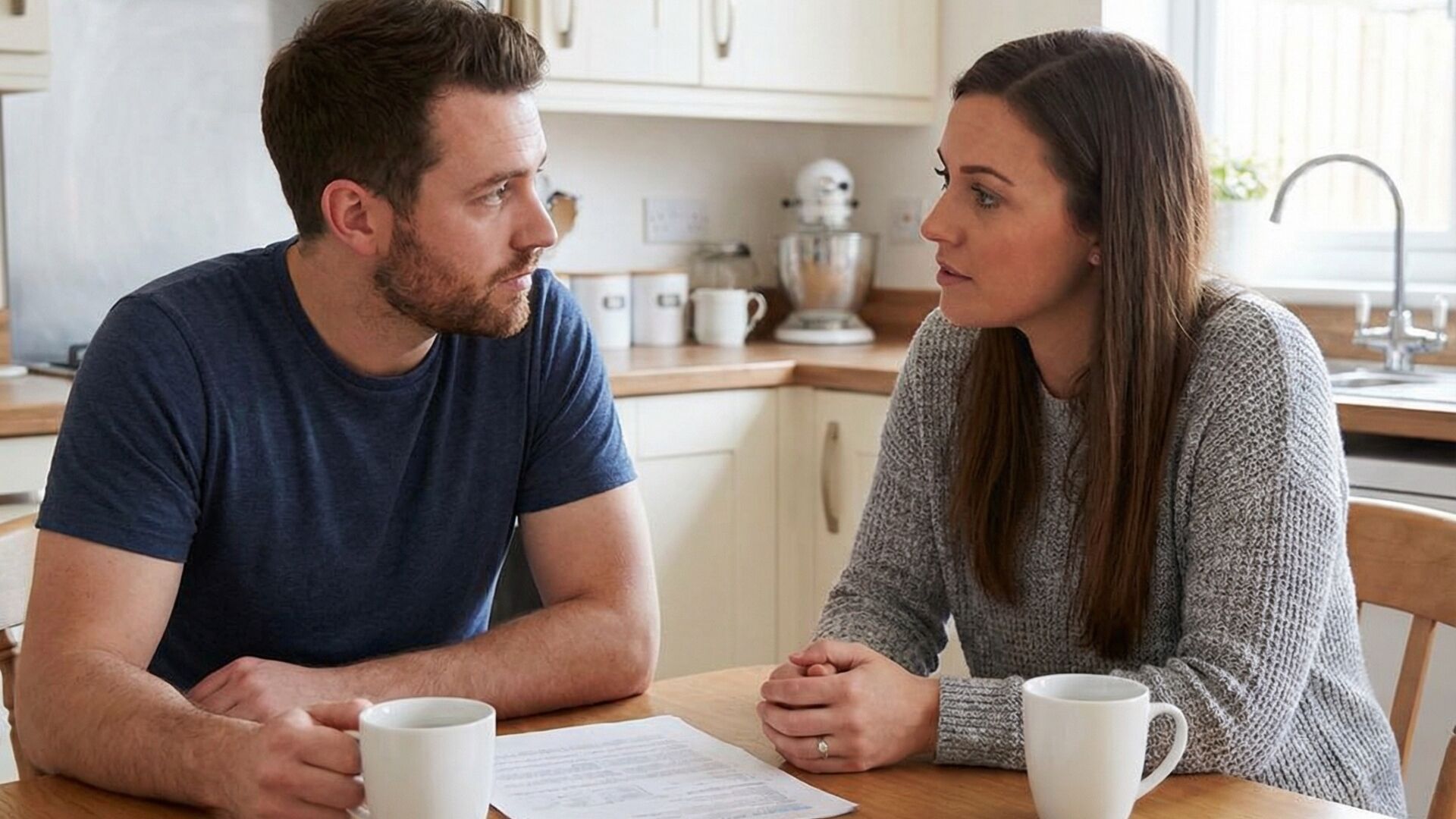Quickly into the Negative: Toxic Habits of Parents

Parenthood is one of the most challenging yet rewarding experiences in life. However, there are often unconscious toxic habits that not only burden family life but can also have long-term effects on children. In this article, we will take a closer look at some of these habits and find ways to build a healthier relationship with your child.
Toxic habits are often deeply rooted behaviors or thought patterns that we develop over time. As parents, we can inadvertently overlook our children's emotional and psychological needs. Key points include communication, emotional support, and modeling healthy behaviors. By becoming aware of these tactics, we can actively strive to create a positive and supportive environment for our children and help them thrive in a healthy way.
Constant Criticism and Comparisons
One of the most common mistakes parents make is constant criticism of their children. Instead of praising them for their progress, many parents focus on what is going wrong or what needs improvement. This can lead to a deep sense of failure and low self-esteem. Children who are constantly compared to siblings or peers often lose confidence and motivation. It is essential to recognize and appreciate the individual strengths of children rather than constantly assessing or comparing them.

The goal is to create a supportive environment where children feel safe to express their strengths and weaknesses. Instead, try to give feedback in a positive way that is constructive and fosters your child's ability to develop further. Praise efforts, not just results. This understanding helps them develop a healthy self-esteem and opens up the opportunity for them to learn from mistakes.
Emotional Distance
Parents who are emotionally distant make it difficult for their children to build connections and develop emotional intelligence. If you do not show your own feelings or are not open to your child's feelings, it can lead to misunderstandings and emotionally isolate your child. Children need emotional support; they need to know that their feelings are taken seriously and that it's okay to show vulnerability.

Create space for open conversations. Listen actively and encourage your child to express their feelings. Show understanding and empathy, even if what is said is not always comprehensible to you. By showing that it is more than okay to talk about emotions, you help your child develop emotional competencies that are very important for later life.
Excessive Control
Another common toxic behavior is the urge to exert excessive control over a child's life. Many parents believe they want the best for their children by imposing strict rules and regulations. However, this control can lead children to feel like they are living in a cage, which can result in rebellion and internal resistance. Children need to learn to make decisions, and they can only do this when they are given the freedom to do so.

Instead of trying to control everything, give your child the opportunity to make their own age-appropriate decisions. From small choices like what to wear to larger ones like choosing their friends; every bit of freedom fosters confidence and independence. It shows that you trust their judgment, which empowers them to take responsibility for their actions.
In summary, parenting is an infinite learning journey that has no one-size-fits-all manual. It is important that you become aware of the toxic habits and actively work to address them. By promoting communication, providing emotional support, and giving your children room to grow, you build a strong foundation for their growth and well-being. Remember, perfection is not the goal; it is about doing better than we did yesterday.
Parenting comes with challenges. Recognizing and addressing toxic habits that have been unconsciously adopted is the first step towards a positive future for you and your child. Let us work together to create a safe and loving environment where all family members can thrive.


